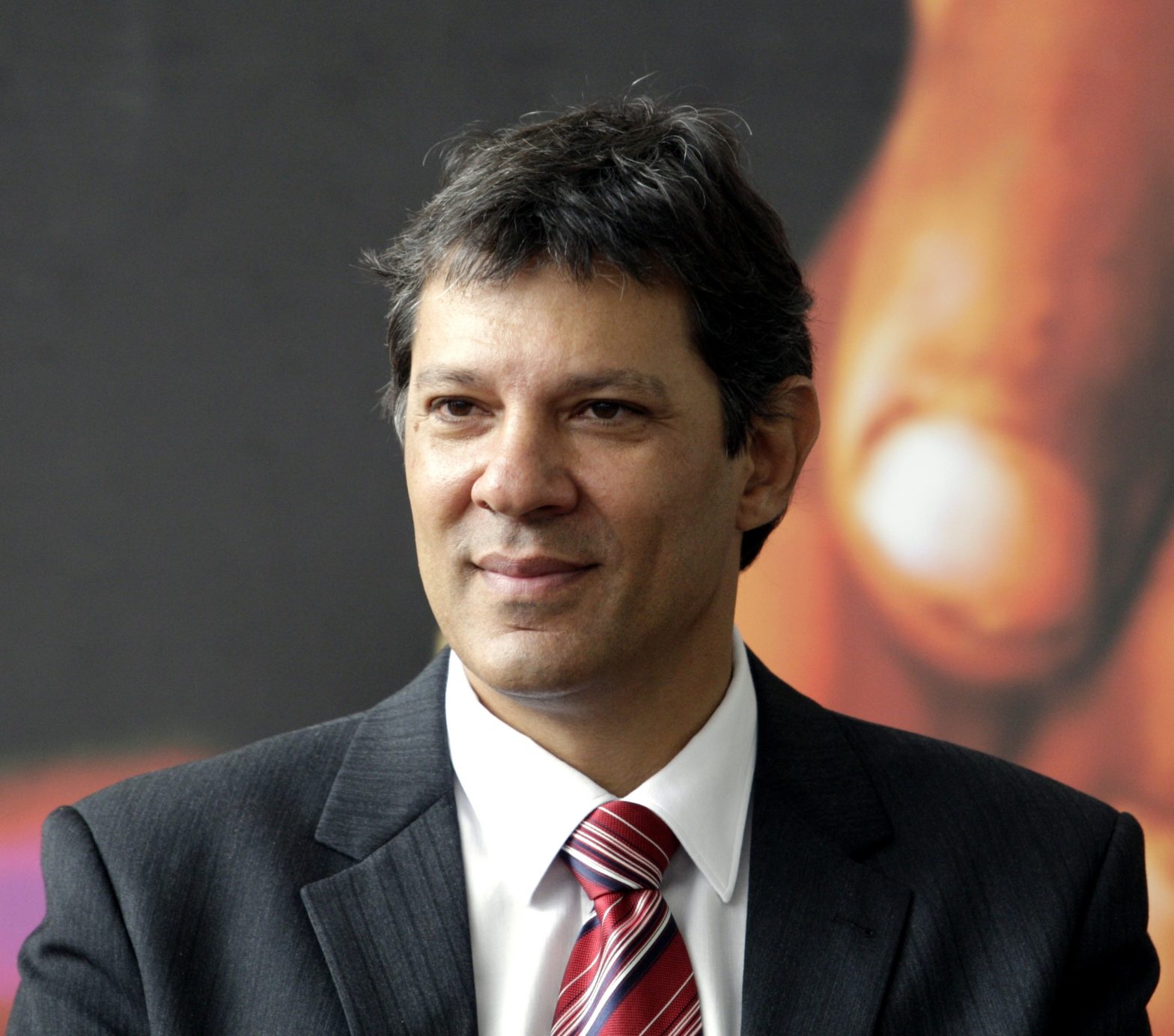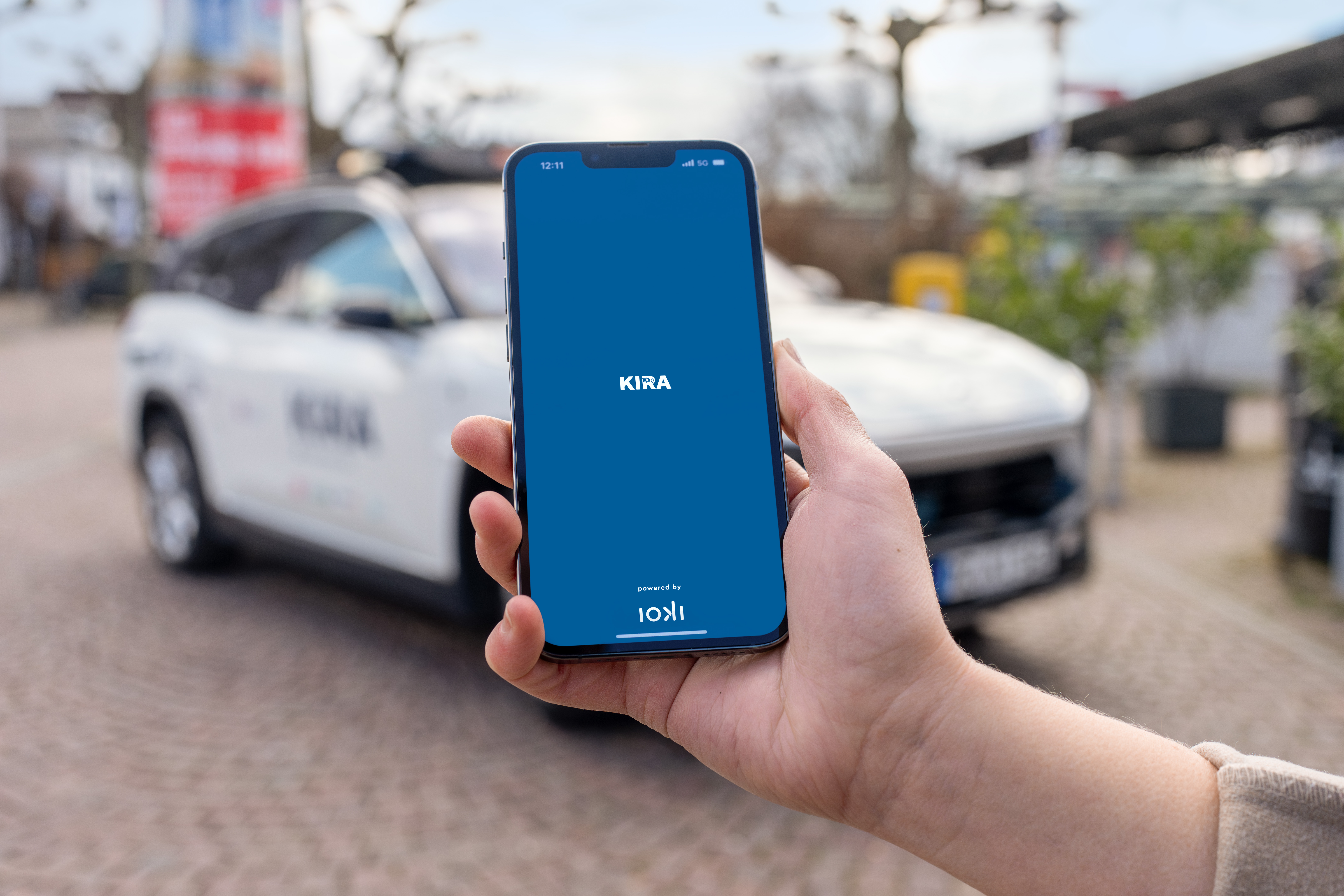
Photo: Foto Cesar Ogata/SECOM
Sao Paulo wins US$5 million Bloomberg award
08 December 2016
by Steve Hoare
Sao Paulo has won Bloomberg Philanthropies‘ 2016 Mayors Challenge for Latin American and Caribbean cities.
The Brazilian city triumphed with an innovative plan to grow farmers’ incomes, distribute locally-grown organic food to the cities’ restaurants and shops and to limit urban sprawl.
“Designing value chains in the city is about connecting the dots,” said Fernando Haddad, outgoing Mayor of Sao Paulo. “We realised that through technology we could address the missing links in the local food production chain.”
Sao Paulo’s solution addressed the problem of farmers on the fringe of the city struggling to sell their products and then selling their land to developers. The environmental impact of this urban sprawl affected the water supply of around five million people.
City officials created a digital exchange that connected farmers directly to restaurants, markets and shops. The programme will help struggling farmers to greater profits while promoting sustainable land use and protecting the city’s water supply.
“After a year-long competitive process alongside peers, Sao Paulo emerged as the Grand Prize winner based on four criteria: their idea’s vision and creativity, potential for impact, transferability, and viability of implementation,” James Anderson, Head of Government Innovation Programmes, Bloomberg Philanthropies told Cities Today.
While Sao Paulo was the grand prize winner, Bogota (Colombia), Medellin (Colombia), Guadalajara (Mexico) and Santiago (Chile) also walked off with prizes.
Bogota’s Children First initiative will ensure safety and shorten commute times with dedicated school bus lanes, new pedestrian zones and bicycle-sharing.
Medellin combatted its loan shark problem by creating a series of neighbourhood loan funds, which allowed residents to pool resources and make small loans to one another.
Guadalajara aims to tackle corruption by building a website that makes the building permitting process highly transparent.
Santiago is one of the first cities to embrace competition to improve public health outcomes. Classrooms will earn points when they adopt evidence-based strategies, such as walking to school or packing healthy lunches, which they can then convert to rewards such as new playgrounds.
Almost a third of all the region’s cities took part in the competition, which resulted in an award of US$5 million for the winner.







